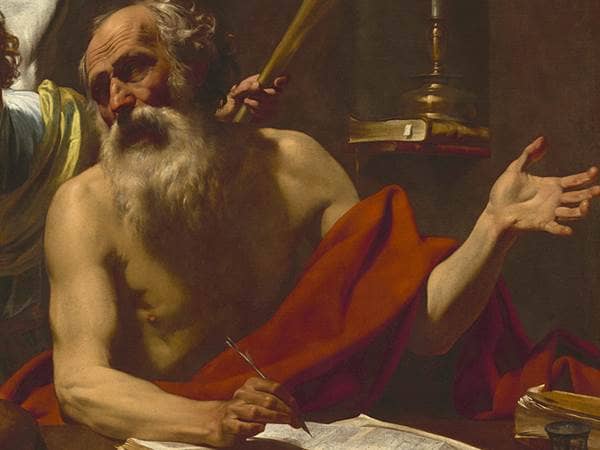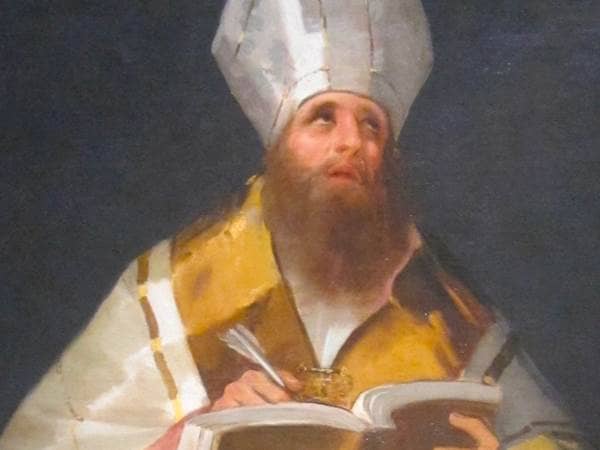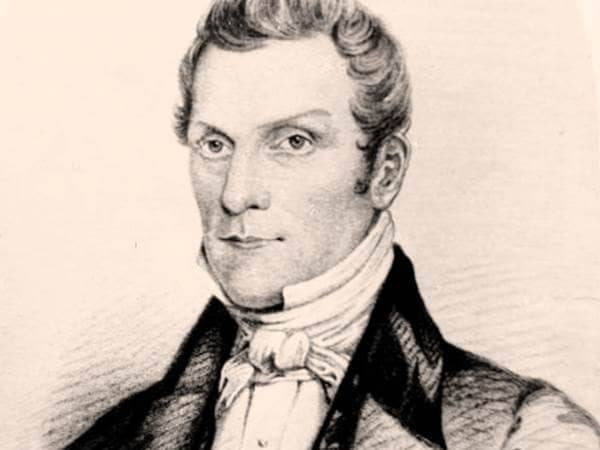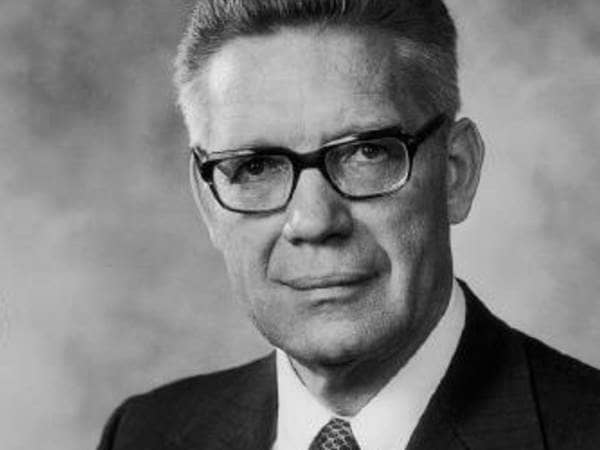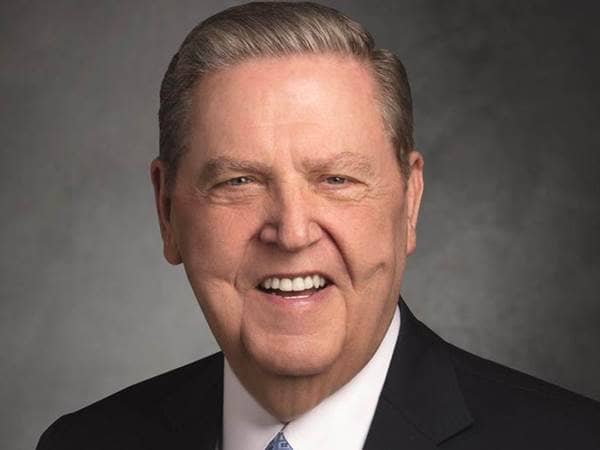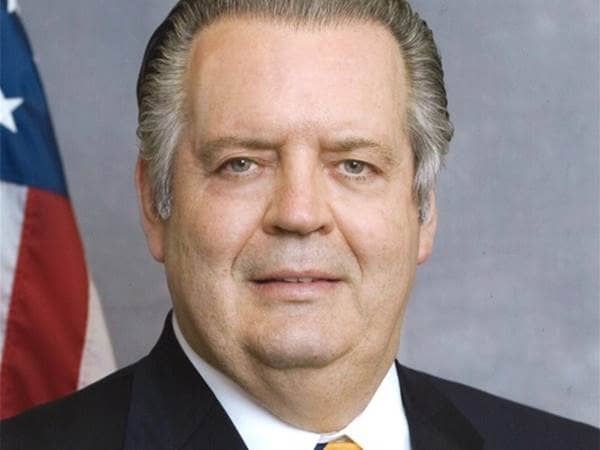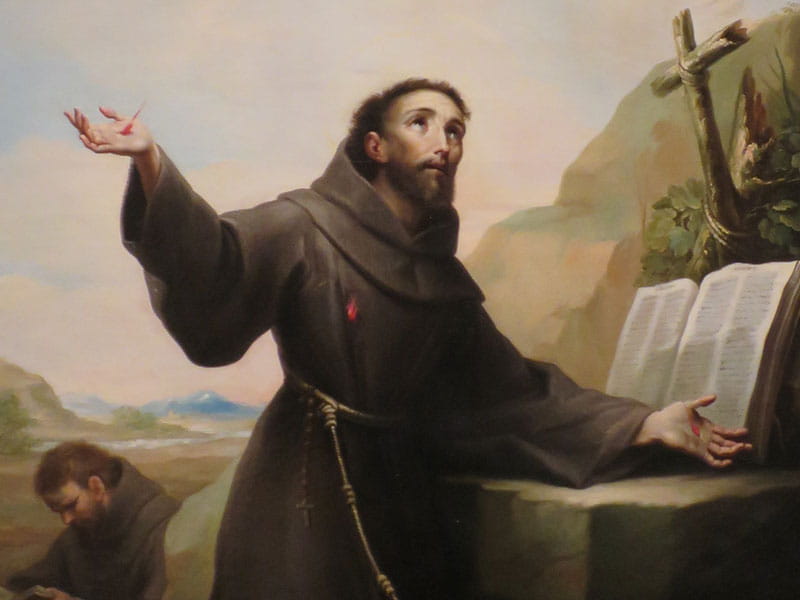
- Profession: Monk
- Lived: 1181 - October 3, 1226 (Late Medieval)
- Nationality: Italian
- Known for: Founder of the Order of Friars Minor, the Franciscans
- Fun Fact: Francis' real name was Giovanni. His father nicknamed him Francesco, the equivalent of "Frenchie," as a baby and it stuck.
- Fun Fact: Despite Francis of Assisi being the most popular saint with the people, Pope Francis was the first pope in the church’s history to take his name.
Francis of Assisi has crossed over into today’s secular culture more than any other saint or other Christian leader, thanks to his love of animals and the example of extreme humility he represents. Perhaps even more so, though, for his anti-establishment bent. Francis of Assisi defied and challenged the institutional church, and though officially he was accepted by it, he is not the authoritarian’s friend. Despite being the most popular saint with the people, it was not until Pope Francis—almost 800 years later—that a Catholic pope took his name.
He is best known in the culture for the Blessing of the Animals that occurs at many Catholic, Anglican and other churches on Francis’ feast day of October 4. This is rooted in accounts of Francis preaching to and speaking with animals, and referring to animals and natural entities as “brother” and “sister,” most famously in the Canticle of Brother Sun. Francis is credited with the idea of the creche—a nativity scene that emphasizes the presence animals gathered with the people in the presence of the baby Jesus. Then, as is sometimes done today, the scene was life-size with live animals.
Born into the family of a wealthy silk merchant, Giovanni’s father nicknamed him Francesco (“Frenchie”), perhaps as an expression of his love of all things French. While not idle—he helped his father in the fabric business—Francis embraced his role as a rich city kid, enjoying fine clothing and food and sharing his father’s infatuation with French culture and style. Around the age of 24, Francis had a spiritual vision and decided to abandon his life of pleasure. When he sold some of cloth owned by the business to give money to a church, his father took him to court. Francis renounced his inheritance and family ties, leaving home permanently and at first living as a beggar.
Francis began preaching, though he was not a priest, and began to attract followers. Some lived together with him and eventually they sought permission from the pope to live as a new religious order. Though many in the church leadership considered his teachings and lifestyle problematic, the pope, based on a dream, endorsed the effort, and the new Order of Friars Minor expanded. This is lucky, because often reform movements from outside the system had been declared heresies. At this point, Francis easily could have been ordained a priest, but he refused.
This was a time of renewal and revival in the church. Dominic started the Friars Preachers (Dominicans) around the same time, and the two would have known each other. The Franciscans grew quickly, and Francis, no administrator, appointed a vicar to run the organization. He died several years later at 44. Stories spread quickly and his popularity grew. Just a few years later, the pope, a supporter of Francis’, declared him a saint.
He is best known in the culture for the Blessing of the Animals that occurs at many Catholic, Anglican and other churches on Francis’ feast day of October 4. This is rooted in accounts of Francis preaching to and speaking with animals, and referring to animals and natural entities as “brother” and “sister,” most famously in the Canticle of Brother Sun. Francis is credited with the idea of the creche—a nativity scene that emphasizes the presence animals gathered with the people in the presence of the baby Jesus. Then, as is sometimes done today, the scene was life-size with live animals.
Born into the family of a wealthy silk merchant, Giovanni’s father nicknamed him Francesco (“Frenchie”), perhaps as an expression of his love of all things French. While not idle—he helped his father in the fabric business—Francis embraced his role as a rich city kid, enjoying fine clothing and food and sharing his father’s infatuation with French culture and style. Around the age of 24, Francis had a spiritual vision and decided to abandon his life of pleasure. When he sold some of cloth owned by the business to give money to a church, his father took him to court. Francis renounced his inheritance and family ties, leaving home permanently and at first living as a beggar.
Francis began preaching, though he was not a priest, and began to attract followers. Some lived together with him and eventually they sought permission from the pope to live as a new religious order. Though many in the church leadership considered his teachings and lifestyle problematic, the pope, based on a dream, endorsed the effort, and the new Order of Friars Minor expanded. This is lucky, because often reform movements from outside the system had been declared heresies. At this point, Francis easily could have been ordained a priest, but he refused.
This was a time of renewal and revival in the church. Dominic started the Friars Preachers (Dominicans) around the same time, and the two would have known each other. The Franciscans grew quickly, and Francis, no administrator, appointed a vicar to run the organization. He died several years later at 44. Stories spread quickly and his popularity grew. Just a few years later, the pope, a supporter of Francis’, declared him a saint.
Back to Search Results
